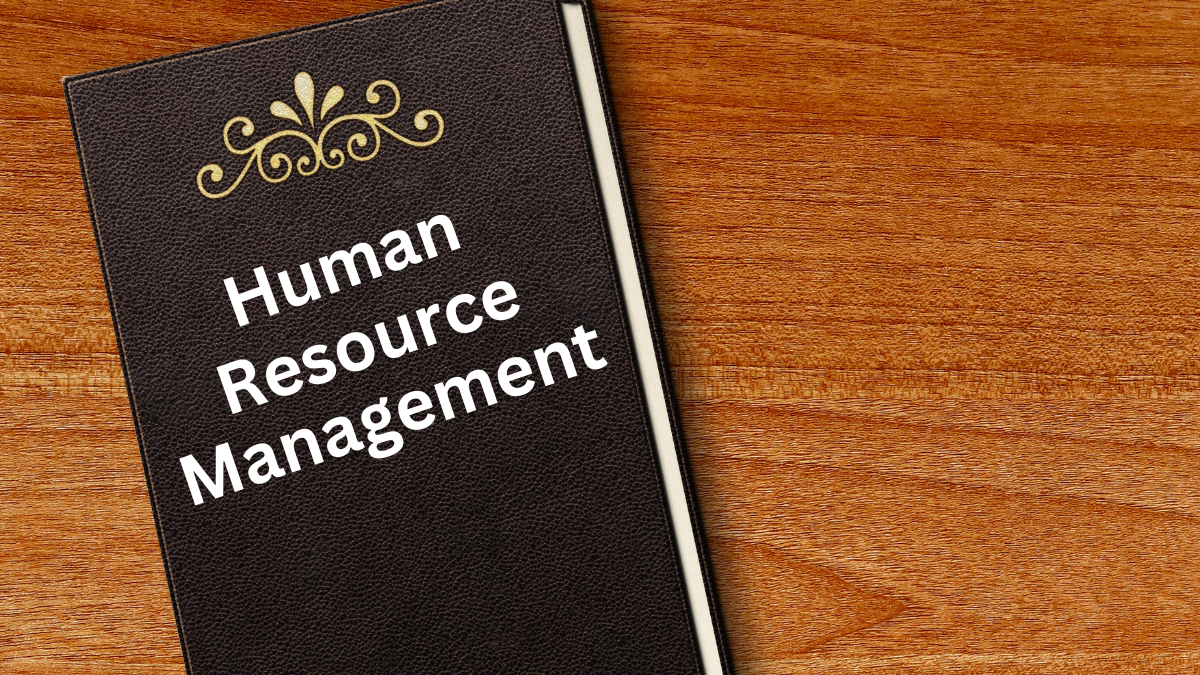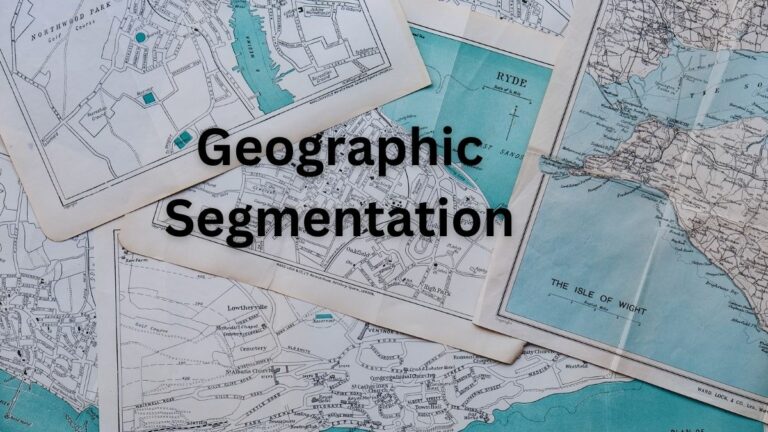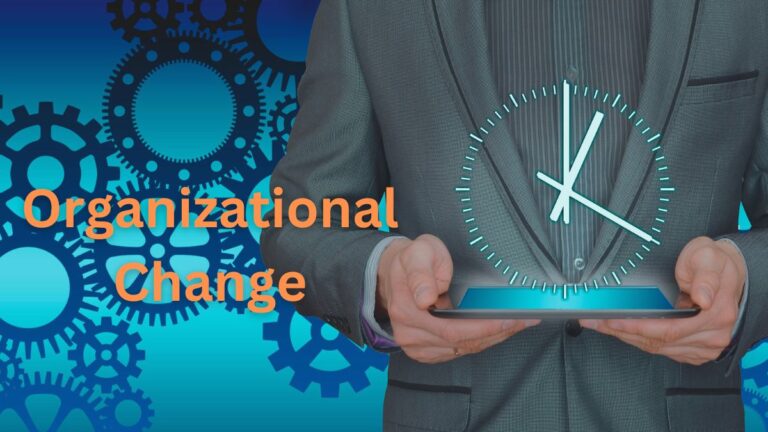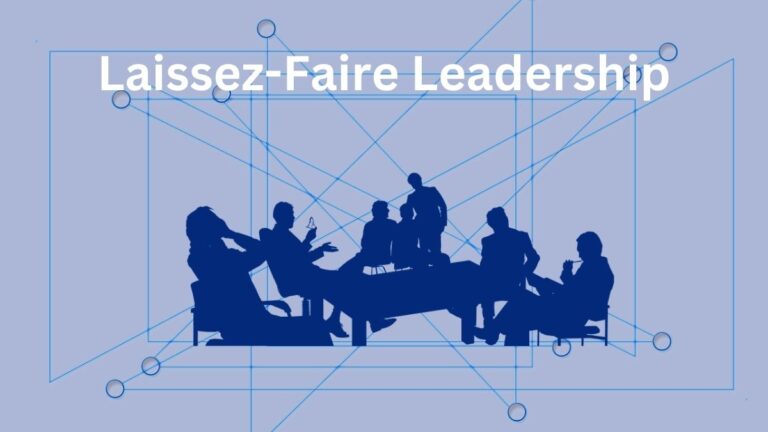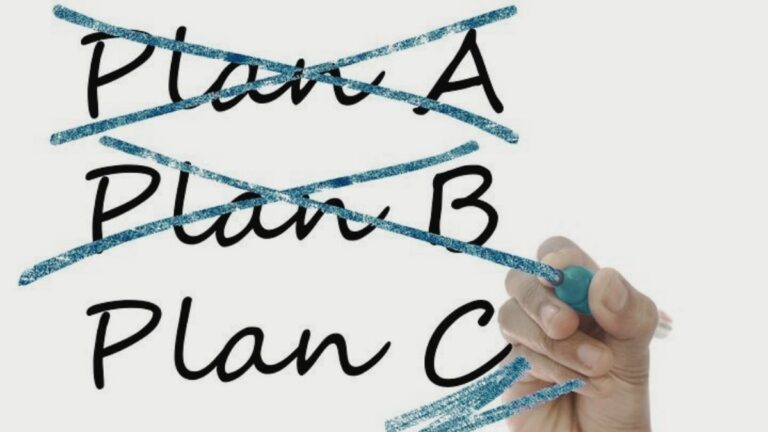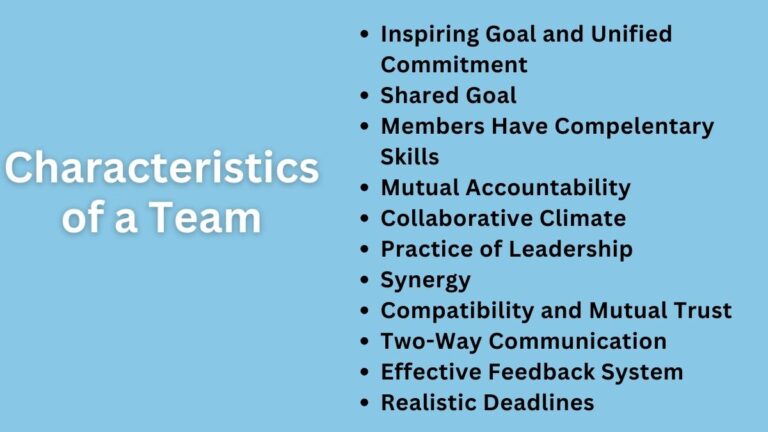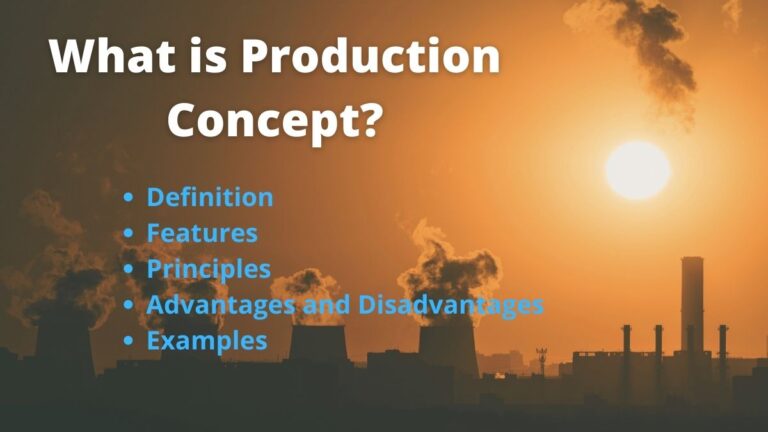Human Resource Management (HRM): Definition, Features, Objectives, and Functions
What is Human Resource Management (HRM)?
Human resource management (HRM) is a strategic approach to managing people i.e. employees in the workplace for achieving higher productivity. HRM encompasses the strategic management of people within an organization to optimize its performance and contribute to its competitive advantage.
It involves various processes, such as recruitment, selection, training, performance management, compensation, and employee development. HRM focuses on aligning the organization’s goals with the needs and aspirations of its workforce, ensuring a productive and engaged workforce.
From attracting and retaining talented individuals to supporting their growth and managing their exit, HRM covers the entire employee lifecycle, driving organizational success and sustainability.
Following are a few definitions of human resource management (HRM):
- Human resource management is a process consisting of the acquisition, development, motivation, and maintenance of human resources – DeCenzo and Robbins
- Human resource management is the process of accomplishing organizational objectives by acquiring, retaining, terminating, developing, and properly using human resources in organizations – Ivancevich, Donnelly, and Gibson
In conclusion, we can say that human resource management is to develop maximum individual development. This involves creating an environment that enables employees to enhance their skills, knowledge, and capabilities through training and development programs.
Its objective is to establish a desirable working relationship between employers and employees, having open communication, trust, and mutual respect. HRM focuses on effectively developing human resources, recognizing their value and potential as a contrast to physical and other resources, and leveraging them to achieve organizational goals efficiently.
Characteristics of HRM
The following are the characteristics of HRM:
Managing People at Work
Human Resources (HR) is responsible for managing employees in the workplace. It involves overseeing all staff, including those who work with their hands and those who work in offices.
HR focuses on individuals and teams, aiming to achieve improved outcomes through their cooperation and active participation in the organization’s tasks. The goal is to enhance productivity by effectively engaging employees in the company’s activities.
Concerned with Developing the Employees
HR plays an important role in maximizing employees’ potential and capabilities, leading to greater job satisfaction. Its objective is not just to utilize their skills but also to encourage their growth.
This approach creates a win-win situation for both employees and the organization, as employees succeed in their roles, and the company benefits from their enhanced performance and engagement.
Essential in all Organizations
HRM is essential in all organizations, extending beyond industry to encompass government departments, military organizations, and non-profit institutions.
It encompasses recruitment, selection, development, and utilization of individuals, making it an integral part of any organized work. By effectively managing human resources, organizations can ensure they have the right people with the necessary skills and competencies.
Continuous in Nature
HRM is not limited to a specific time frame but necessitates ongoing attention and understanding of human relations and their significance in daily operations.
It demands continuous alertness and awareness from organizations. The HRM function remains active as long as the organization exists, as managing and optimizing human resources is a perpetual requirement for sustained success and effectiveness.
Tool for Human Benefit
HRM aims to secure the voluntary cooperation of individuals to achieve organizational goals, making it a two-way process. It offers advantages to both the organization and its staff.
People are not merely seen as resources but are considered both the ultimate objectives and the means to achieve growth and development. HRM recognizes the importance of encouraging and empowering individuals for mutual benefit and sustainable progress.
Strategy Focused
HRM plays a key role as a strategic partner in organizational change and development. It facilitates the mobilization of human resources towards strategic goals.
By coordinating all activities, HRM ensures that they are interconnected and optimized for the efficient and effective utilization of human resources, thereby enhancing overall organizational performance and success.
Objectives of HRM/ Importance of HRM
The main goals of Human Resource Management (HRM) are to create a smooth and positive environment for employers and employees while achieving the objectives of the organization.
The following are the objectives of HRM:
Societal Objectives
Human Resource Management (HRM) involves creating programs that meet the economic, psychological, ethical, and social needs of employees.
HRM also has a responsibility towards society, considering its needs and challenges. However, while fulfilling these responsibilities, HRM should minimize any negative impact on the organization. HRM also aims to balance the needs of employees and society while ensuring the organization’s well-being and avoiding any harmful consequences.
Organizational Objectives
Human resource management helps organizations achieve their goals by making sure they have the right people and creating a positive work environment.
Human resource management is not the ultimate goal itself, but rather a tool to help the organization achieve its main objectives. It’s like a support team that exists to help the rest of the organization be successful.
Functional Objectives
HR will create an HR Management System (HRMS) to facilitate positive working relationships and establish an effective organizational structure.
They will ensure the timely execution of tasks and provide opportunities for individual and group development along with the organization’s growth. HR will focus on enhancing human assets through continuous training and development programs.
Personal Objectives
HR plays a crucial role in helping employees achieve their personal goals, including higher wages, job satisfaction, improved working conditions, promotions, motivation, recognition, and social security, ultimately leading to employee satisfaction.
They aim to provide healthy and hygienic working conditions while keeping employee morale high. HR boosts employee engagement by creating an engaged workplace where both employees and employers are actively involved, promoting confidence and trust in the organization.
Functions / Components of HRM
HRM is responsible for the effective operation of an organization, beginning with the creation of suitable policies for job requirements and concluding with the achievement of the company’s successful business expansion.
The following are the functions of HRM:
Job Design and Job Analysis
HRM’s crucial functions include job design and job analysis. Job design entails describing job duties, responsibilities, and operations, while job analysis involves identifying job requirements like skills, qualifications, and work experience.
By analyzing the traits of successful employees, HRM can determine the desired candidate profile for the job. Detailed descriptions of day-to-day functions guide the recruitment process and shape future actions.
Employee Hiring and Selection
Recruitment is aimed at acquiring and retaining qualified employees to achieve company goals. HRM sources and identifies ideal candidates screens them through a tough process, and conducts interviews to assess their skills and experience.
After successful selection, candidates receive job offers. This crucial process ensures that the chosen employees contribute towards the company’s objectives and success.
Employee Training and Development
Human resources’ responsibility is to provide proper training and development to selected candidates, as their success directly impacts the organization. HR ensures new employees gain company-specific skills, enhancing workforce efficiency and productivity.
HRM prepares employees for greater responsibilities, encouraging entire development. An organization offering growth opportunities is considered healthy, promoting employee satisfaction and organizational prosperity.
Compensation and Benefits
Benefits and compensation help in managing organizational costs and attracting employees. HRM formulates attractive yet efficient packages, aiming for fairness and equity in remuneration.
Benefits and compensation can enhance productivity and shape a positive public image. HR establishes clear policies, ensuring their effective implementation, and enabling transparency and equality. Employee satisfaction is closely tied to the compensation and benefits they receive.
Employee Performance Management
Effective employee performance management ensures alignment with organizational goals. Performance management doesn’t just focus on the performance of the employee. It also focuses on the performance of the team, the department, and the organization as a whole.
HR functions include developing job descriptions, selecting suitable candidates, providing training, conducting performance reviews, and designing appraisal and compensation systems. These measures enhance employee performance and recognize their contributions, ultimately driving organizational success.
